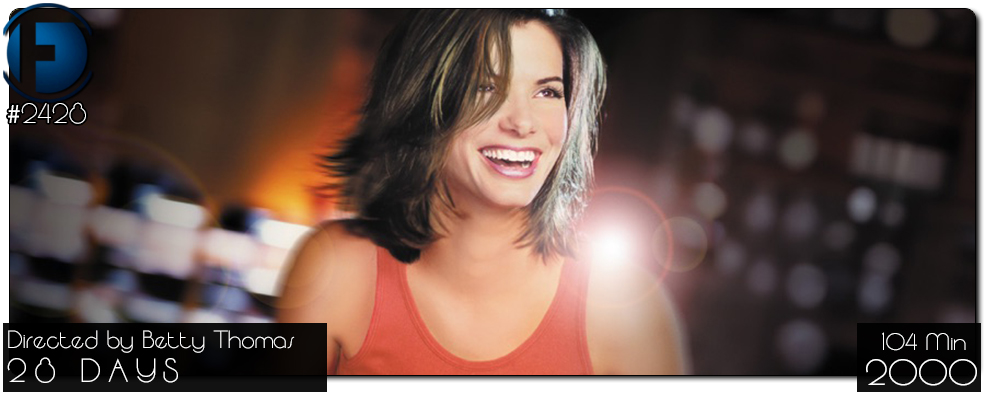Movie Review – 28 Days
Principal Cast : Sandra Bullock, Viggo Mortensen, Dominic West, Elizabeth Perkins, Azura Skye, Steve Buscemi, Alan Tudyk, Mike O’Malley, Marianne Jean-Baptiste, Reni Santoni, Diane Ladd, Margo Martindale, Susan Krebs, Elijah Kelley.
Synopsis: A big-city newspaper columnist is forced to enter a drug and alcohol rehab center after ruining her sister’s wedding and crashing a stolen limousine.
********
Perennial Hollywood golden girl Sandra Bullock headlines this gloves-on comedy-drama about addiction and rehabilitation, a film as sentimentally sweet as it is risk-averse. That’s not to say 28 Days isn’t enjoyable—it’s a charming little time-waster, buoyed by Bullock and a convincing supporting cast, including pre-Lord of the Rings Viggo Mortensen, Elizabeth Perkins, and Dominic West. Through the eyes of Bullock’s rebellious, selfish, and perpetually plastered protagonist, the film examines the pitfalls and perils of rehabilitation in American culture.
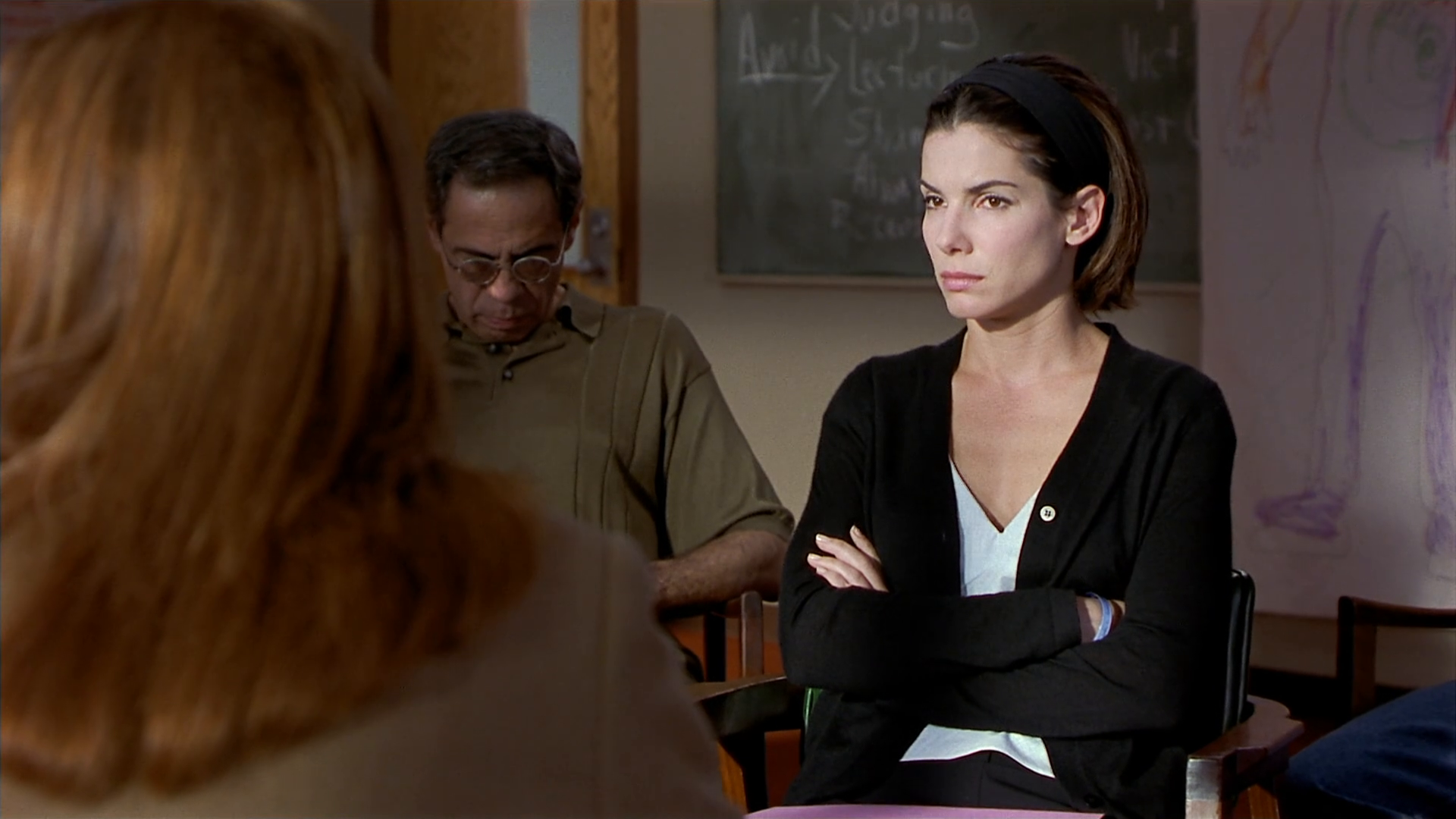
Plot synopsis (courtesy of Wikipedia): Sandra Bullock stars as Gwen Cummings, a successful but self-destructive New York journalist whose excessive partying and alcoholism land her in court-ordered rehab following a drunken incident at her sister’s wedding. Initially resistant to treatment, Gwen clashes with the program’s strict rules and her no-nonsense counsellor Cornell (Steve Buscemi) but gradually begins to confront her addiction with the help of fellow patients, including the charming Eddie (Viggo Mortensen), the quirky Gerhardt (Alan Tudyk), and her roommate Andrea (Azura Skye), a troubled young woman struggling with her own demons. As she faces the painful realities of her past and the toxic influence of her enabling boyfriend Jasper (Dominic West), Gwen must decide whether to embrace sobriety and a new way of life or fall back into old habits.
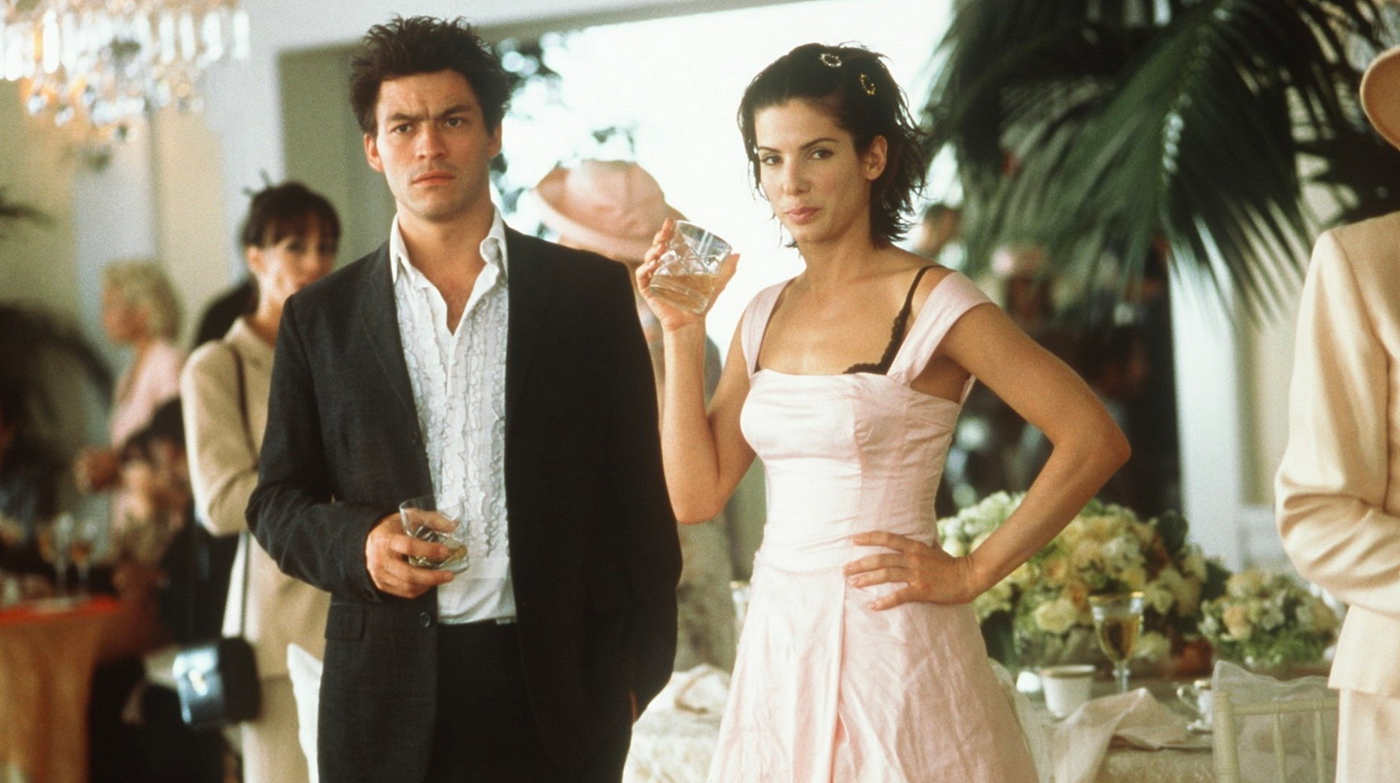
28 Days attempts to tackle a serious social issue while maintaining a fairly benign tone. Addiction—whether it’s drugs, alcohol, gambling, or other vices—remains one of the great social ills of our time. While the film does elicit feelings of both revulsion and euphoria towards its central character, the true tragedy of addiction lurks just beneath the surface, never quite fully explored. Bullock takes an inherently unlikeable character and slowly transforms her into someone we want to see succeed, despite her snark and resentment towards treatment. As with most ensemble-driven narratives, the film balances her bitterness with a smattering of solid supporting characters, each offering their own quirks and charms.
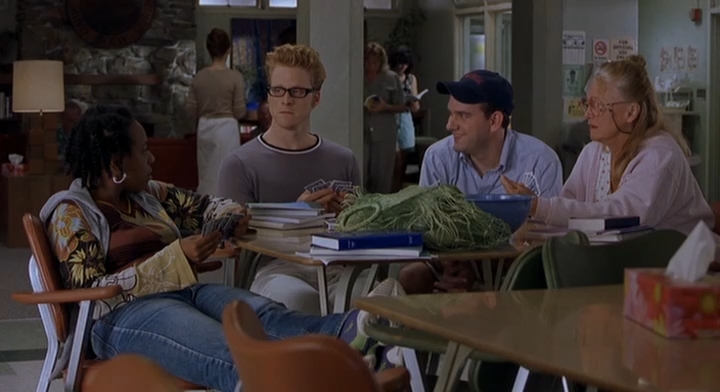
Susannah Grant’s screenplay follows a predictable trajectory: Gwen’s reckless, unsustainable party lifestyle sends her into a downward spiral, culminating in a disastrous car accident and court-mandated rehab. Her initial anger and resistance give way to a moment of self-realisation, wherein she acknowledges just how selfish she has been. A brief backstory hints that her alcoholism isn’t entirely her fault, but this undercuts the dramatic weight of her arc, making the whole thing feel more like a generic redemption tale than a profound character study. Where 28 Days needed more dramatic heft, it substitutes brisk comedic beats that undercut the film’s more serious themes. Rather than offering a hard-hitting examination of addiction, it plays things relatively safe, turning the story into something prosaic and, ultimately, unremarkable. Whether it’s the script or Bullock’s unshakable It-Girl persona, the film never fully commits to the darker edges of its subject matter, resulting in a superficial take on rehabilitation.
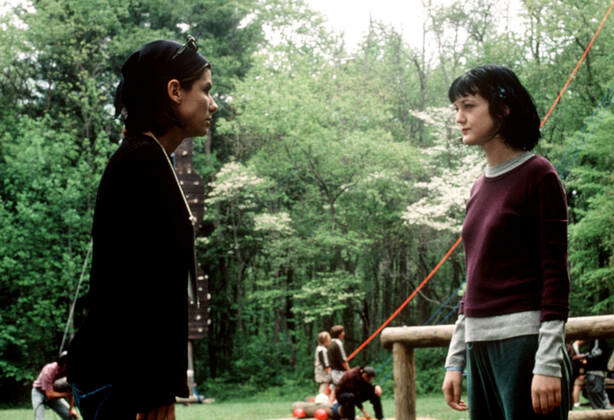
Yes, we get “PG-rated down and dirty” Sandra Bullock, a lavishly decadent Dominic West, and an oddly Germanic Alan Tudyk, alongside a collection of “Oh, I know that face!” ensemble players who populate Gwen’s journey towards self-improvement. The group therapy sessions provide some of the film’s best moments, mixing humour with genuine emotional weight. However, Azura Skye’s Andrea, a tragic and deeply troubled young woman, stands out as one of the film’s most compelling elements, and had 28 Days focused more on the dynamic between Gwen and Andrea, it could have delivered a much stronger emotional payoff. But director Betty Thomas isn’t aiming for Girl, Interrupted here, and the film suffers for it. There are occasional belly-laughs—most notably from the hilariously melodramatic soap opera that the rehab patients obsess over—but even Steve Buscemi, typically a master of darkly comedic roles, plays it frustratingly straight. The film never fully leans into comedy, nor does it commit to being a serious drama, leaving it stranded in a tonal no-man’s-land.
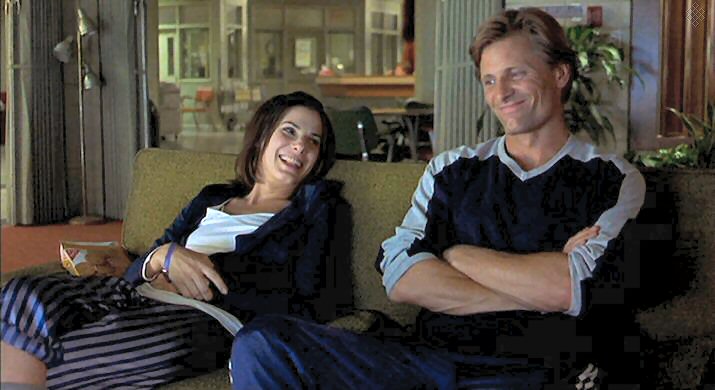
With its uneven tone and Bullock in full charm-offensive mode, 28 Days feels like a bitter drink—something that should pack a punch but ultimately goes down too easily. It’s a mismatched cocktail of promising ideas diluted by an ill-focused sense of humour and an unwillingness to truly confront the harsh realities of addiction. This isn’t a film about the cost of self-destruction; it’s about skimming the surface of it in a way that’s digestible for a mainstream audience. In the end, 28 Days is charming and “uplifting” in only the most superficial sense, missing the mark when it comes to humanising the real social and familial toll of addiction. Bullock completists might find it a briefly diverting lark, but for anyone looking for a genuine exploration of rehab and recovery, this one barely scratches the surface.

